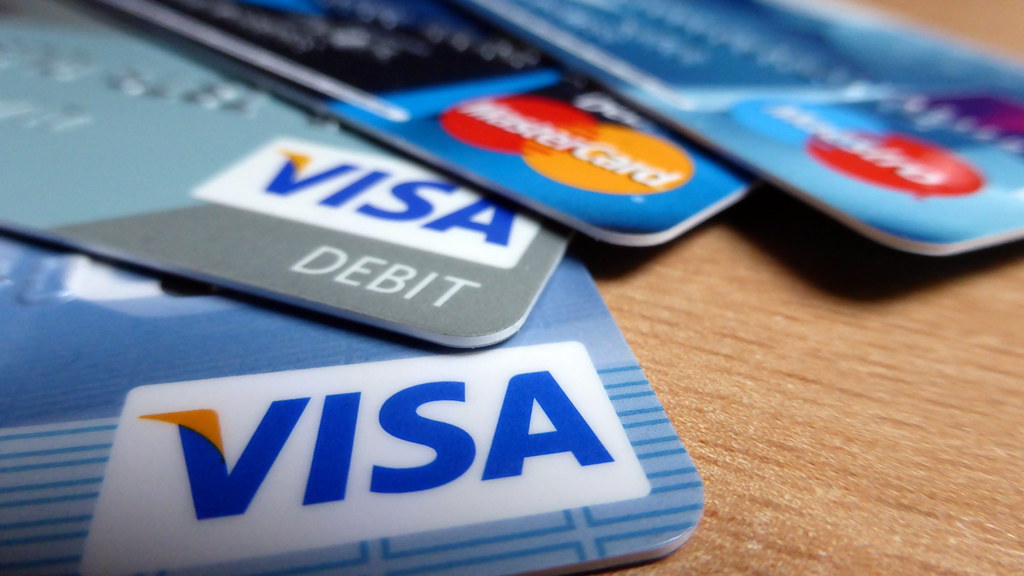In the realm of personal finance, credit cards wield a dual-edged sword. On one side, they offer the convenience of cashless transactions, rewards, and the opportunity to build a solid credit history. On the flip side, without proper management, they can lead to debt, financial stress, and a tarnished credit score. This comprehensive guide will illuminate the path to credit card wisdom, helping you to avoid common pitfalls while smartly building your credit.

Understanding Credit Cards: The Basics
Before diving into strategies and advice, it’s essential to grasp the basics of credit cards. Credit cards are financial tools issued by financial institutions that allow you to borrow funds up to a certain limit to pay for goods and services. The key to using them wisely lies in understanding the terms, including interest rates (APR), fees, credit limits, grace periods, and rewards programs.
The Pitfalls to Avoid
1. Carrying a Balance
The allure of only paying the minimum amount due each month can trap you in a cycle of debt. Interest accumulates on the remaining balance, leading to higher costs over time. To avoid this pitfall, aim to pay your balance in full each month.
2. Late Payments
Missing payment deadlines can lead to late fees and negatively impact your credit score. Set up reminders or automatic payments to ensure you always pay on time.
3. Maxing Out Your Credit Limit
Utilizing too much of your available credit can harm your credit utilization ratio, a key factor in your credit score. Financial experts recommend keeping your utilization below 30% of your total credit limit.
4. Applying for Multiple Cards Within a Short Time
Each time you apply for a credit card, a hard inquiry is made on your credit report, temporarily lowering your credit score. Apply for new credit sparingly and strategically.
5. Ignoring Your Monthly Statements
Failing to review your monthly statements can lead to overlooked fraudulent charges and mismanaged spending. Regularly check your statements for accuracy and to keep track of your expenses.
Building Credit Smartly
1. Start with a Single Credit Card
For beginners, managing one credit card is a practical way to learn credit management without being overwhelmed. Choose a card that matches your spending habits and offers benefits like cash back or travel rewards.
2. Use Autopay to Your Advantage
Automating your payments can prevent late fees and negative marks on your credit report. Set up autopay for at least the minimum payment, though paying the full balance is preferable.
3. Understand the Impact of Interest Rates
High APRs can escalate the cost of any balances carried from month to month. Look for cards with competitive interest rates, especially if you anticipate carrying a balance occasionally.
4. Leverage Rewards and Benefits
Many credit cards offer rewards that can be lucrative if used wisely. Choose a rewards program that aligns with your spending patterns to maximize benefits without overspending.
5. Regularly Monitor Your Credit Score
Keeping an eye on your credit score helps you understand how your financial behaviors influence it. Many credit card issuers offer free credit score tracking, providing insights and tips for improvement.
Advanced Credit Card Strategies
1. Credit Card Churning
This strategy involves periodically applying for credit cards to take advantage of signup bonuses. However, it requires meticulous planning and a solid understanding of credit impacts. Not recommended for beginners.
2. Balance Transfer Cards
For those with existing credit card debt, a balance transfer card offering a 0% APR on balance transfers for a limited time can provide breathing room to pay down debt without accruing additional interest.
3. Diversifying Your Credit Portfolio
As you become more comfortable with credit management, consider diversifying your credit types (e.g., auto loans, personal loans, mortgages). A mix of credit types can positively affect your credit score.
Conclusion
Credit cards, when used judiciously, can be powerful tools for building credit, earning rewards, and managing finances. By avoiding common pitfalls and adopting smart credit habits, you can leverage these financial instruments to your advantage. Remember, the key to credit card wisdom lies in discipline, understanding, and strategic planning. Navigate the world of credit with caution and confidence, and watch your financial health and credit score flourish.
Alex is a passionate tech and finance writer, bringing a blend of energy and expertise to the world of blogging. With a deep interest in cutting-edge technology and financial trends, Alex delves into the latest innovations, offering insights and analysis that resonate with both tech enthusiasts and finance-savvy readers. His curiosity extends to exploring how these two worlds intersect, from emerging fintech solutions to the broader impact of technological advancements on the economy. When he's not writing, you'll find Alex at the gym, fueling his love for fitness, or immersed in the latest video game. Through his posts, Alex aims to share his enthusiasm and knowledge, helping readers navigate the fast-paced worlds of tech and finance.
